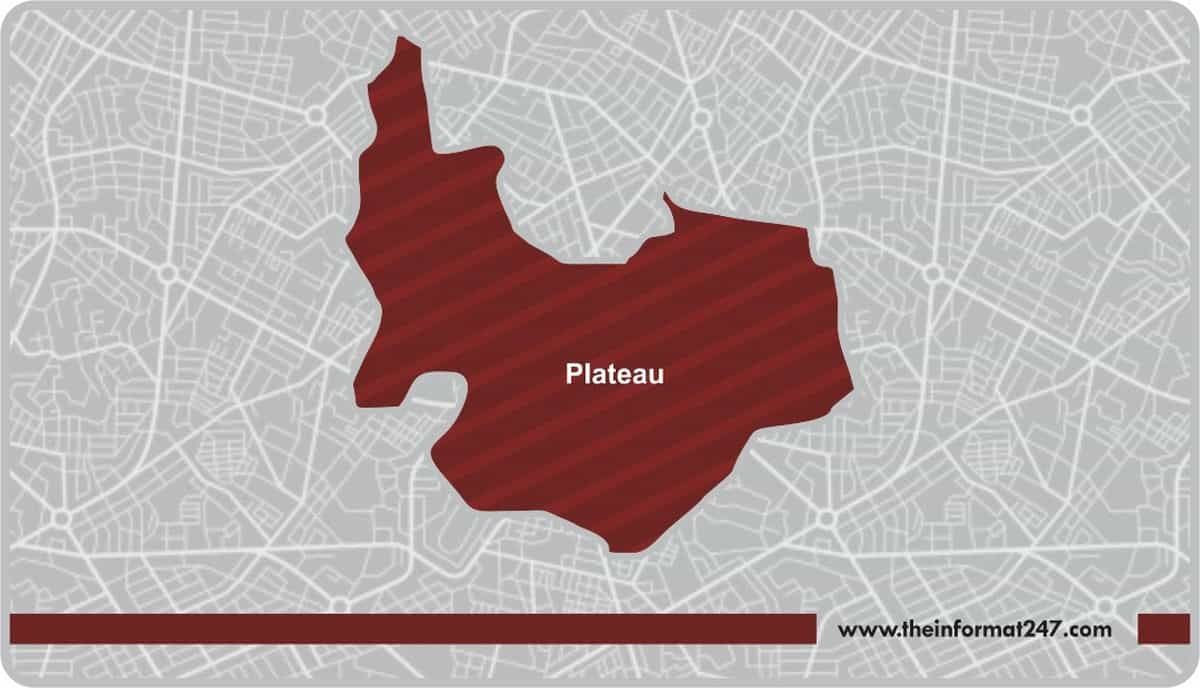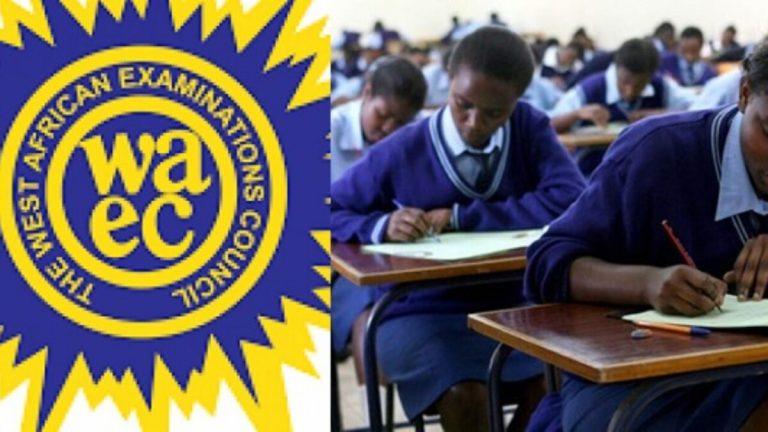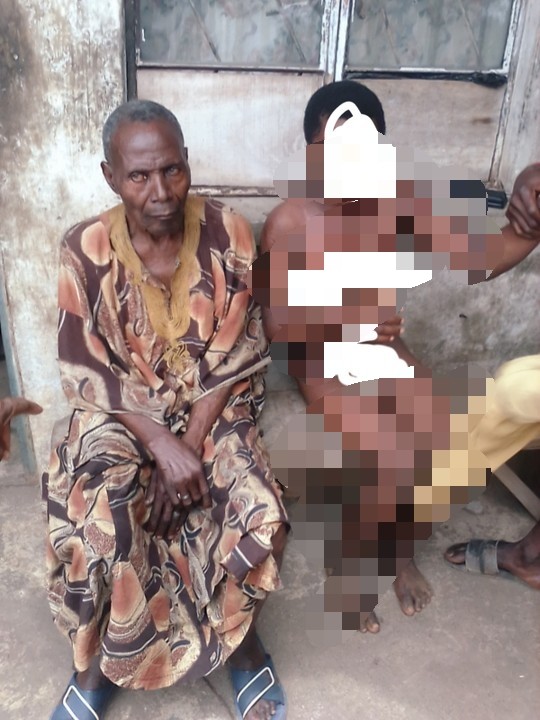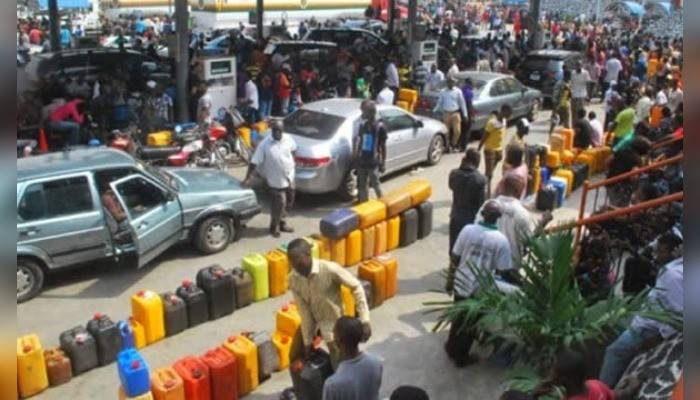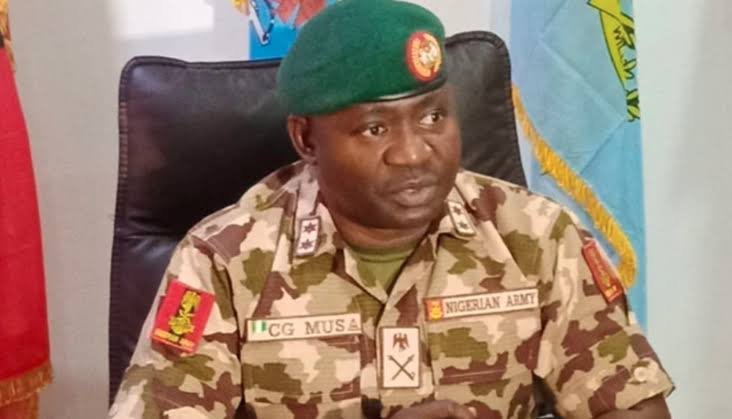Governor Muftwang:Plateau killings sponsored, Bandits have taken over 64 communities
Governor Caleb Muftwang of Plateau State has described the recent wave of violence across the state as a “sponsored genocide” aimed at wiping out entire communities.
Speaking on Politics Today, a Channels Television programme on Tuesday, Governor Muftwang expressed deep concern over the incessant attacks on some communities within the state, alleging that armed bandits have seized control of at least 64 villages.
The Plateau governor’s remarks come amid a renewed surge of deadly attacks in Plateau State, particularly in Bokkos LGA, where several communities have been razed in what locals and authorities are calling targeted assaults that have claimed over 50 lives and displaced thousands in the Bokkos local government area and beyond.
The Governor said “I can tell you in all honesty that I cannot find any explanation other than genocide sponsored by terrorists,” the governor said. “The question is, who are the persons behind the organisers of this terrorism? This is what the security agencies must help us to unravel.”
He further emphasized the need for cohesive and strategic action among security agencies to identify and dismantle the networks behind the violence.
“This is being sponsored from somewhere, and I am sure that in the coming days, the security agencies will work together — not at cross purposes but in unison — to be able to bring out the requisite intelligence that will help us to put this matter behind us,” he added.
Governor Muftwang also disclosed that armed groups have forcibly taken over and renamed dozens of communities, with residents displaced and unable to return to their ancestral lands.
“As I am talking to you, there are not less than 64 communities that have been taken over by bandits on the Plateau between Bokkos, Barkin Ladi, and Riyom local government areas,” he said. “They have been taken over, renamed, and people are living there conveniently on lands they pushed people away to occupy.”
Plateau State, in Nigeria’s North-Central region, has long suffered from ethno-religious and resource-based conflicts, often between farming communities and herders. However, Muftwang insisted that the scale and coordination of the recent attacks point to more sinister motives.
“These are not random acts. This is a pattern — systematic and organized,” he said.

